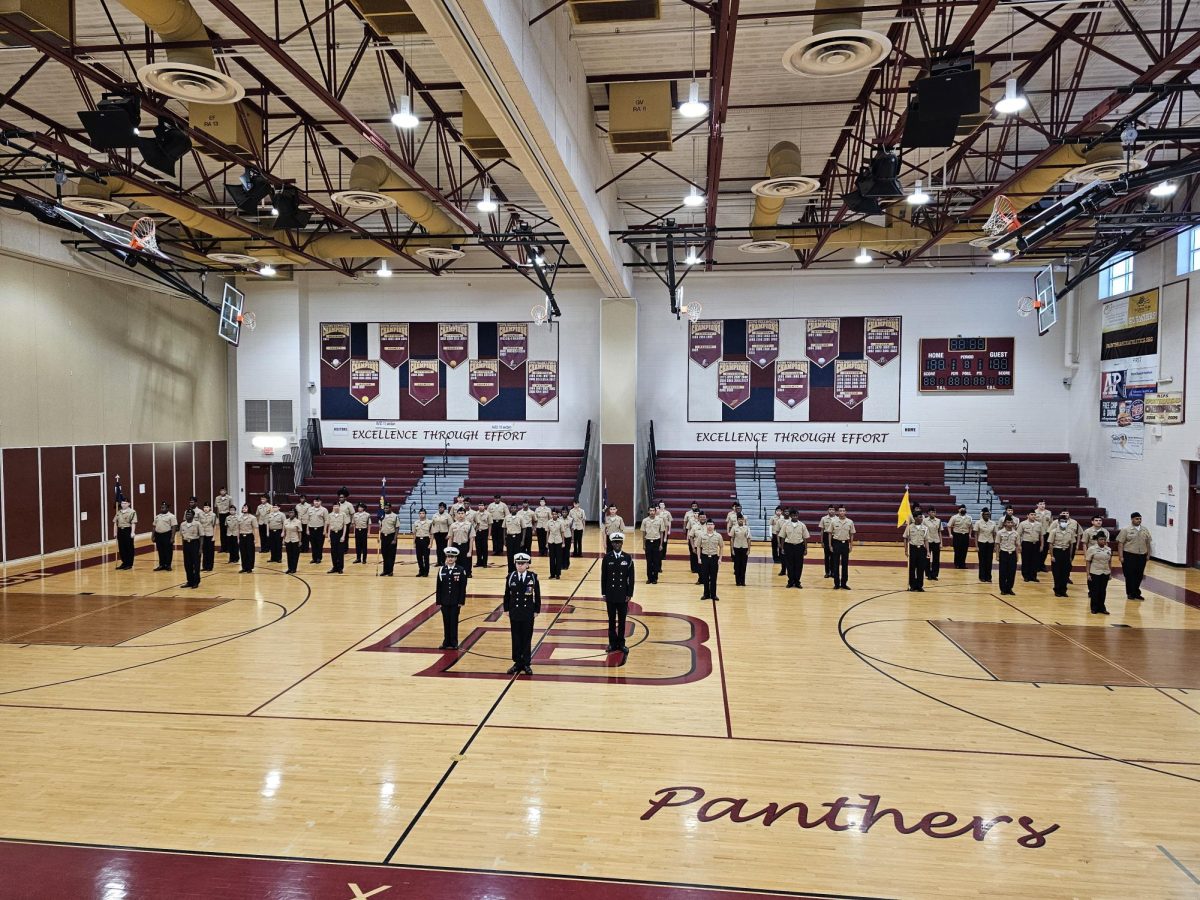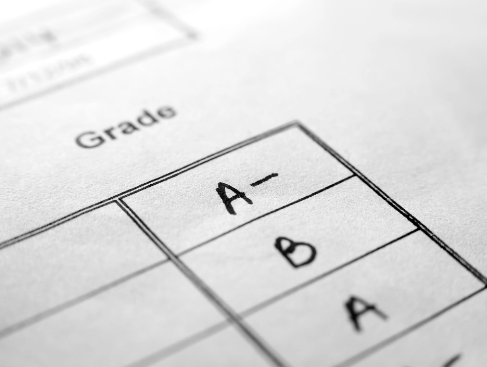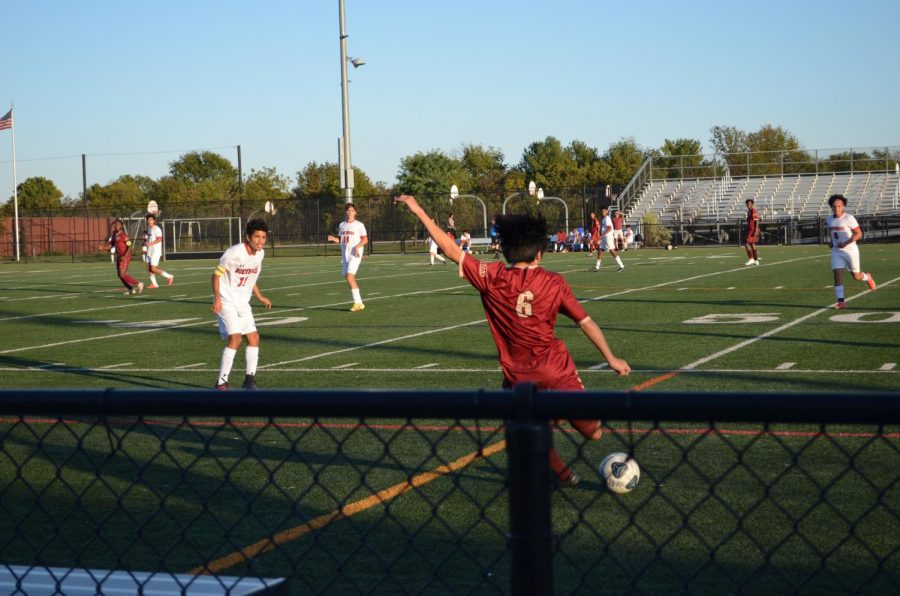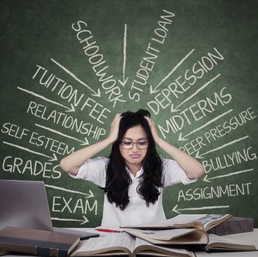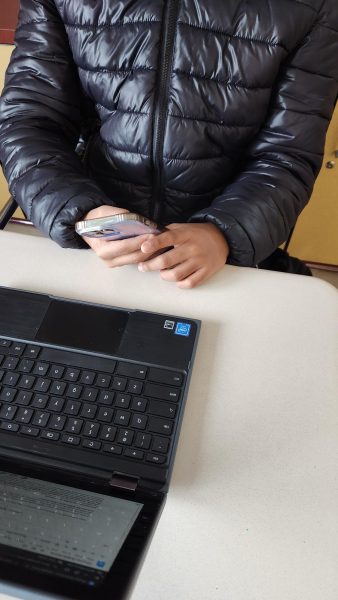Homework or Home Not
“Homework is pointless.” These three beautiful words written by Metro Newspaper reporter Cassandra Garrison, who echoes the cries from a significant number of teens.
Think about it, a young girl sits at her desk, reviewing her homework assignments for the evening after coming back from her field- hockey game. English: Read one chapter of your novel and write a written response to each study questions. Math: Solve the inequalities and complete all 20 problems, showing your work. Science: Do a worksheet, front and back on acceleration and velocity. French: Study vocabulary for tomorrow’s test.
Sound like too much? That’s because it is. The poor girl sits at her desks and worries about how she will get it all done, and this is before she even thinks about spending any quality time with friends, teammates, or even her family. All she really knows is that it is going to be a long night.
A common refrain from students is, “Why do teachers give out homework?” Teachers reply, “Well, that is obvious: to try to prepare you for your future and we give it because, um, well…to challenge, you know, um, in order to make you a better student.”
We all know schools are not going to stop giving homework entirely, but they can at least try to improve the homework situation. They can try to control this problem so that homework doesn’t overwhelm and disturb kids too much.
Excessive homework takes away valuable time from young people, including time when they could be sleeping and getting important rest. Multiple sources report that teens need an average of 10 hours of sleep each night. However, a significant amount of schoolwork, along with sports and extracurricular activities, means teens work late into the night to finish their work, affecting them mentally and physically.
According to a new study from of the University of Virginia by Robert Tai, an associate professor with the Curry School of Education, “Mental effects due to lack of sleep can be: irritability, memory loss, and drowsiness. Continued sleep deprivation can result in trouble concentrating, blurry vision, impaired judgment, and even more severe mental effects. Physical effects can also be memory loss, aching muscles, and something that no parent wants to see their child go through: depression.”
These words are very important for parents, schools, and teens to understand. It is imperative that young people get the right amount of sleep, and reducing the amount of homework will help kids stay healthy.
Finally, one more reason why teachers should give out less homework is because, studies show, kids are not necessarily even the ones who are completing the work. Professor Diane Salvatore, a co-worker of Robert Tai at the University of Virginia, explains that over 43 percent of children’s parents do their homework for them, and over 85 percent help them with, if not do, parts of their homework.
In conclusion, struggling schoolman ship, sleeping problems, quitting sports and extra-curricular activities, health problems, kids not turning in their homework, worried parents, angry parents, stressed-out children- these after effects comes from one thing: Excessive homework. Schools and, particularly teachers, around the United States have failed to notice and failed to take action on: There is too much homework. Will you take action and stand up for what is right?


